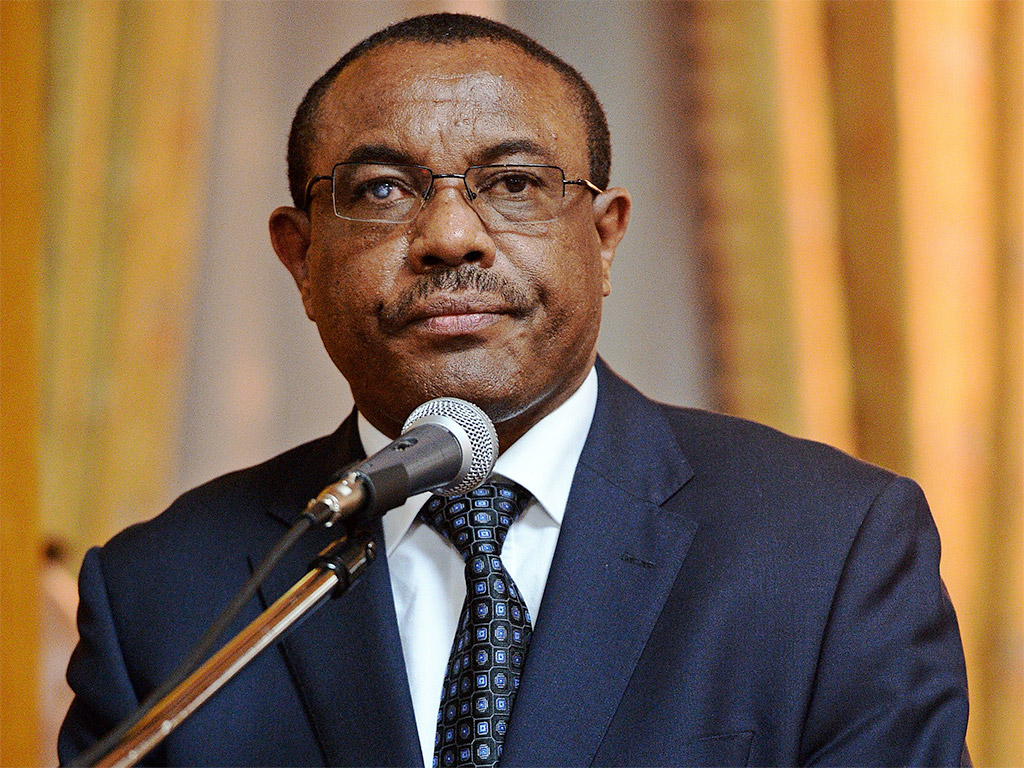
Ethiopia has been one of the fastest growing economies in the world over the past decade, averaging a GDP increase of over 10 percent a year in that time. Investors have been taking notice, and international retailers like H&M are already settled there – Ethiopia has certainly come a long way since the famine of 1984 that wiped out huge swathes of its population. Now, the world’s three leading ratings agencies are joining in the hype by issuing the country’s first sovereign credit rating.
Moody’s has issued the country with a B1 rating for currency sovereign credit, slightly higher than the B rating given by Fitch and S&P’s recently. The largely positive ratings will help move the government’s plan to issue a Eurobond soon, and it will certainly boost foreign direct investment.
According to a statement by Moody’s, the country’s credit rating was held back despite its rapid growth in recent years because of ‘Ethiopia’s relatively small economy and low per-capita income’. The agency also cited ‘weak institutional strength, in line with B-rated peers,’ and ‘moderate fiscal strength, with the debt burden and related financing cost remaining low given a largely concessional funding base, balanced by its increasing reliance on non-concessional financing.’
[Ethiopia] aims to become one of the leading providers of power in Africa
Recent bond issuances by countries in the region have been largely oversubscribed, even as the US limits its stimulus programme. It is likely that Ethiopia will experience similarly positive results as it issues its bonds. Though the local authorities have so far provided no date or details, Prime Minister Hailemarian Desalegn has previously suggested that as soon as sovereign credits ratings had been secured, a bond sale would soon follow.
Ethiopia has been investing heavily in its electricity infrastructure, and aims to become one of the leading providers of power in Africa. “Energy is a very strategic sector for us,” Miheret Debebe, Energy Advisor to the Prime Minister told the FT. “Ethiopia is going to be the renewable energy hub of the region.” The ambitious 25 year plan, which includes building a giant dam on the Blue Nile, is being backed by the African Bank of Development and the World Bank, who have provided ample financing, including $1.5bn to develop a grid link to Kenya – a top energy importer.
Ethiopia is likely to continue growing fast for the foreseeable future, as the government continues to invest in vital basic infrastructure. Fitch has predicted growth of around nine percent this year, and eight percent in 2015. Though these rates are slightly lower than what Ethiopia has become accustomed to over the past decade, they are still significantly higher than those for the rest of the region.


